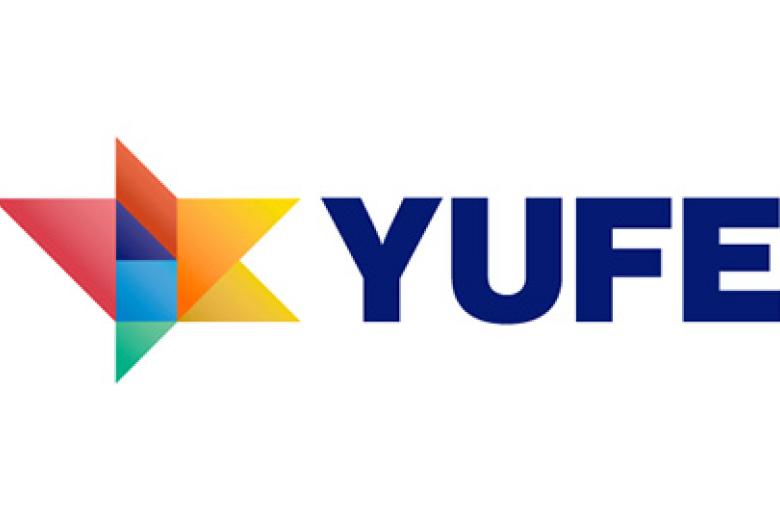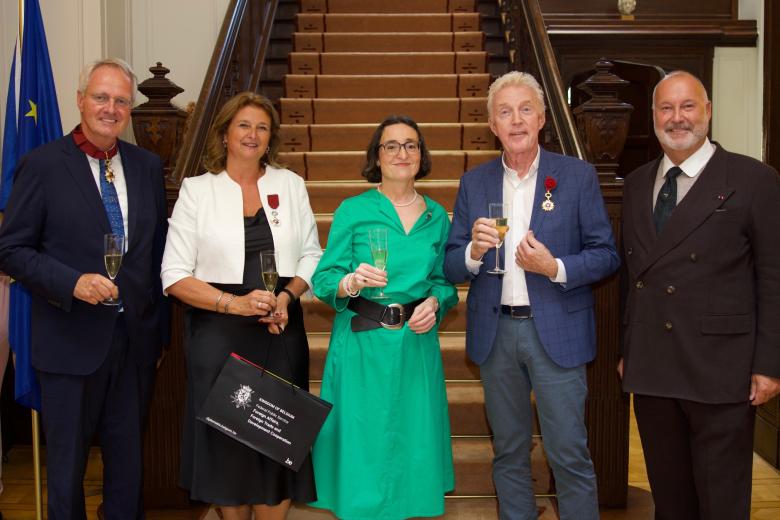The DIOBA (Digital Innovation in Occupational Health Education) project
The demand for occupational health physicians is growing, yet the availability of institutional and workplace supervisors remains limited, creating a bottleneck in training capacity. The DIOBA (Digital Innovation in Occupational Health Education) project seeks to address this challenge by integrating digital learning methods, such as (virtual reality) simulations and e-learning, into the training program. These innovations aim to reduce the supervisory workload while maintaining or enhancing training quality, ultimately enabling more occupational health physicians to be trained without increasing the number of supervisors.
For example, simulations allow trainees to practice complex workplace scenarios—such as conducting workplace assessments or communicating with employers—before engaging in real-world practice. Similarly, interactive e-learning modules will support knowledge acquisition and skill development, making training more flexible and scalable. However, rather than replacing workplace learning entirely, these technologies are being strategically integrated where they offer the greatest benefits.
The project follows a design-based research approach, systematically testing and refining these innovations to ensure their effectiveness. Celine van Bergen, a new PhD candidate at SHE, coordinates this research. The first study investigates which aspects of the training program can be effectively enhanced or replaced by digital learning, such as using VR simulations for communication and advisory skills. The second develops indicators to measure whether these digital innovations improve learning efficiency and training capacity. The third designs and tests a revised curriculum, integrating simulation-based learning with workplace-based learning through an iterative development process. The final study examines how educators, trainees, and supervisors experience these innovations, identifying both opportunities and challenges in their implementation.
By rethinking traditional training models and integrating digital methods, DIOBA not only enhances the education of occupational health physicians but also generates valuable insights for the broader implementation of digital learning in healthcare education.
Also read
-
Green light for UM participation in unique YUFE bachelor programme
The UM can start as a degree awarding partner in the new unique bachelor programme Urban Sustainability Studies offered by YUFE (Young Universities for the Future of Europe), an alliance of ten European universities. This week, the UM received a positive outcome of the macro due diligence assessment...

-
Professor Anouk Bollen-Vandenboorn appointed Knight in the Order of the Crown
Prof. Dr Anouk Bollen-Vandenboorn, Director of the Institute for Transnational and Euregional cross border cooperation and Mobility (ITEM) at the Faculty of Law, Maastricht University, was appointed Knight in the Order of the Crown on 3 July, during a formal ceremony at the Belgian Embassy in The...

-
Study Smart gets Dutch Education Premium
Maastricht University's (UM) interfaculty educational innovation project Study Smart is one of the three winners of the Dutch Education Premium 2025. This was announced on Tuesday during the Comenius festival in The Hague.
